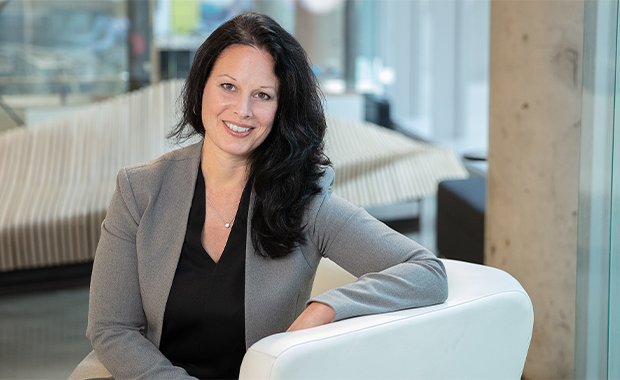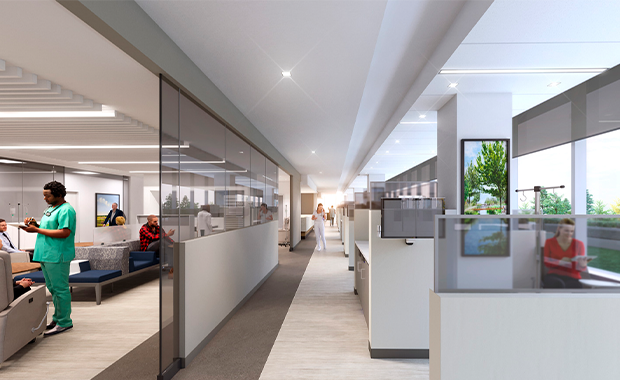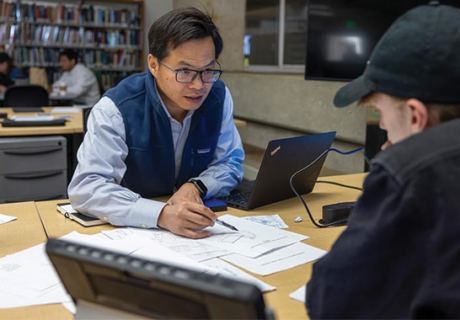The HCD 10: Deborah Wingler, Researcher
In her role at HKS Inc., Deborah Wingler collaborates with research and design teams to develop and implement research initiatives that drive innovation and achieve meaningful and measurable impact across the firm’s global healthcare practice. Wingler’s research focus, specifically, lies in improving the patient and staff experience through studies that use real-time data collection techniques to gain insight into how patients and staff respond to high-stress healthcare environments.
Within the last two years, she’s conducted research on topics such as Clinic 20XX, investigating provider and patient perceptions of future clinic design and the impact of telehealth in the outpatient environment.
She’s also contributed to FleXX-Contagion, laying the groundwork for post-pandemic preparedness and future flexibility for healthcare environments as well as pandemic resiliency through one of the largest studies to date evaluating effective facility pandemic response across 15 military treatment facilities.
Meanwhile, Wingler’s implemented applied research on a range of projects for clients including UW Health; University of Iowa Healthcare; Baylor, Scott, & White; Baptist Health; Eastern Integrated Health Campus; and CVS. Her efforts include the development of tools for conducting research in practice as well as mentoring and training of practitioners and colleagues.
Wingler has also been instrumental in building HKS’ applied research services by embedding research within the design practice at multiple scales, including evidence-based approaches to documenting design intent, and conducting current state analysis, scenario-based simulations, and occupancy evaluations to document and measure the impact of design decisions.
Specifically, Wingler’s work with UW Health involved conducting mock-up simulations, which led to key findings that influenced both space and cost, such as reconfiguring the clinic module to support a more efficient and effective patient and staff flow and removing unnecessary millwork, which resulted in an estimated $250,000 reduction in costs. Findings from the simulations are helping to support ongoing transition planning efforts, as well, through the development and implementation of new operational processes that were identified during the simulations.
Currently, she’s working on multiple large research projects where she leads both research and experience strategy, including a 2,000-bed acute care hospital, community hospital, and outpatient facility in Singapore.
As her nomination states: “Taking an evidence-based approach to design thinking, human-centered design, and outcome-based design, Wingler exemplifies how we can balance deep-dive research and actionable applied research to inform the design of healthcare facilities that contribute to improved health outcomes.”
Click here for more on all the 2022 HCD 10 winners.




